- Home
- Articles
- Architectural Portfolio
- Architectral Presentation
- Inspirational Stories
- Architecture News
- Visualization
- BIM Industry
- Facade Design
- Parametric Design
- Career
- Landscape Architecture
- Construction
- Artificial Intelligence
- Sketching
- Design Softwares
- Diagrams
- Writing
- Architectural Tips
- Sustainability
- Courses
- Concept
- Technology
- History & Heritage
- Future of Architecture
- Guides & How-To
- Art & Culture
- Projects
- Interior Design
- Competitions
- Jobs
- Store
- Tools
- More
- Home
- Articles
- Architectural Portfolio
- Architectral Presentation
- Inspirational Stories
- Architecture News
- Visualization
- BIM Industry
- Facade Design
- Parametric Design
- Career
- Landscape Architecture
- Construction
- Artificial Intelligence
- Sketching
- Design Softwares
- Diagrams
- Writing
- Architectural Tips
- Sustainability
- Courses
- Concept
- Technology
- History & Heritage
- Future of Architecture
- Guides & How-To
- Art & Culture
- Projects
- Interior Design
- Competitions
- Jobs
- Store
- Tools
- More
Assembly – The Parliament of the Future in a Pacified Middle East

The Parliament as a building type contributes worldwide to national self-representation and self-perception through its symbolic effect. It is almost a matter of course that parliament buildings present themselves with a very strong monumentality, to be expressed by size, staging and architectural style. Politics, and particularly democracy, is changing. At present, these changes are most noticeable in western countries, due to growing mistrust towards politicians, the increasing popularity of populist parties and a general disenchantment with politics.


The dismissive character of a monument, and especially a monument of national identity, might be part of the problem. For instead of transparency or closeness to the people, it is rather motifs such as pathos and reverence that can be attributed to those monuments. There are attempts to give parliaments an architectural interpretation of their basic democratic ideas. The question is, however, whether it is sufficient, for example, to grant a limited number of visitors access to a glass dome?

This work attempts to question the current situation architecturally and propose an alternative approach. The Middle East is testing ground for this thought experiment. There is hardly any other place in the world where politics manifests itself more in buildings than in Israel, Gaza or the West Bank.

However, an area shaped by instability, destruction and conflict-ridden buildings can also be an ideal environment for imagination and vision. The current situation in the region is clouding optimism about the future. The likelihood of a lasting status quo is very high given the conditions set by both sides. Understandably, there is a lack of idealism in the debate about the future of Israel and Palestine. Yet belief in the ideal only becomes possible by fading out realism. Rather, it is about a visionary idea, a utopia that probably will never come true.

This work is based on the demand for more idealism. It is about understanding the conflict in the Middle East as a chance and conceiving new forms of democracy and its structural formulations for a state after apartheid, whatever the name of this state may be. It should be a search for other types of society. Models that are different from anything we have seen before.
Submit your architectural projects
Follow these steps for submission your project. Submission FormLatest Posts
Community Housing in Villy by Madeleine architectes & Studio Francois Nantermod
A cooperative housing project in Villy transforms a grandfather’s home into the...
James Baldwin Media Library and Refugee House by associer
In Paris’s 19th arrondissement, Atelier Associer has reimagined a 1970s secondary school...
KING ONE Community Center by E Plus Design
In Zhuhai, E+UV has turned four disconnected, underused buildings into the lively...
HEYDAY Community Hub by ASWA
HEYDAY Community Hub by ASWA redefines university architecture in Bangkok through playful...










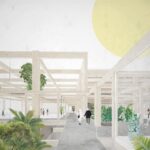

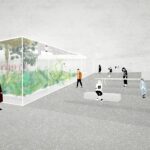
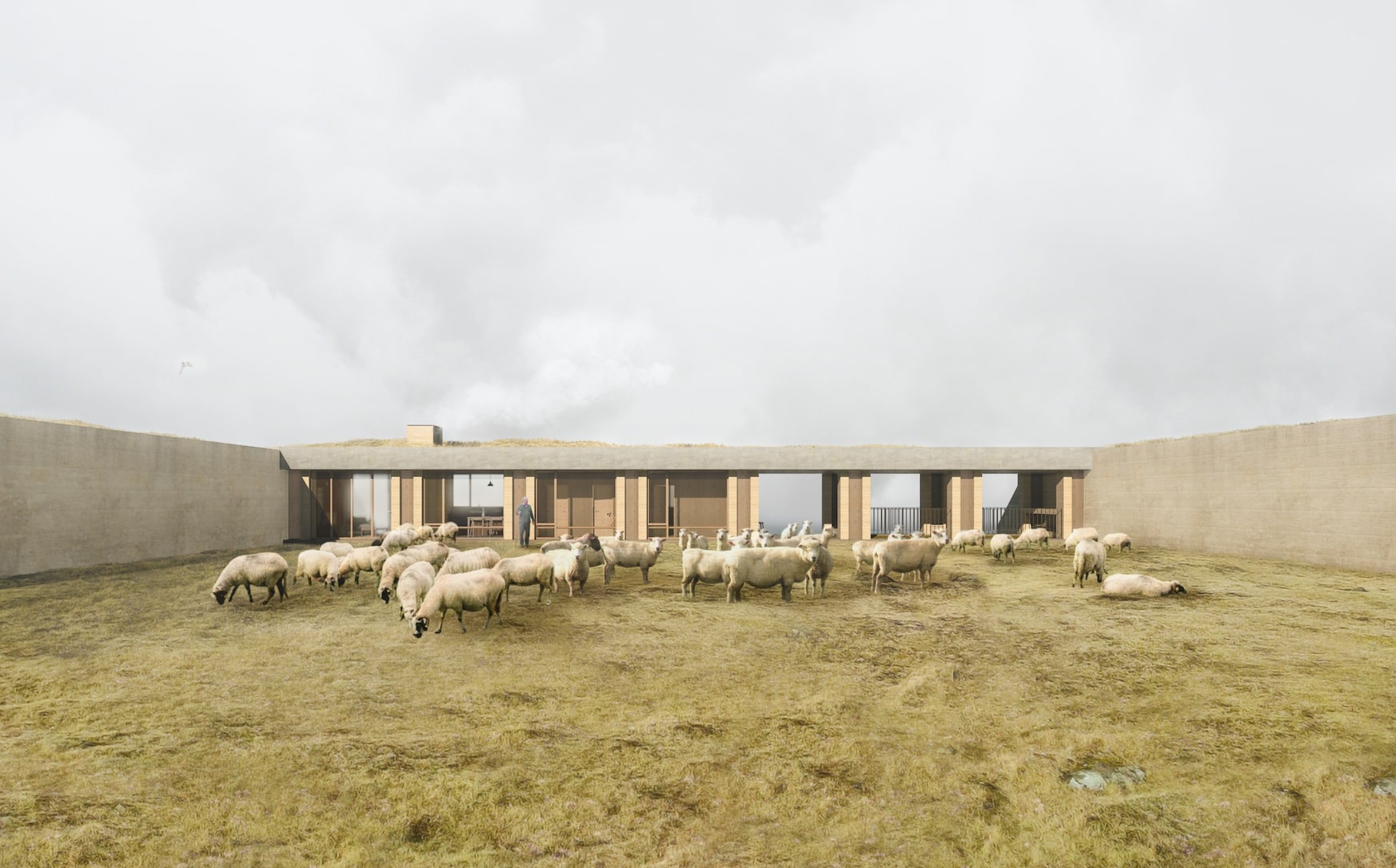





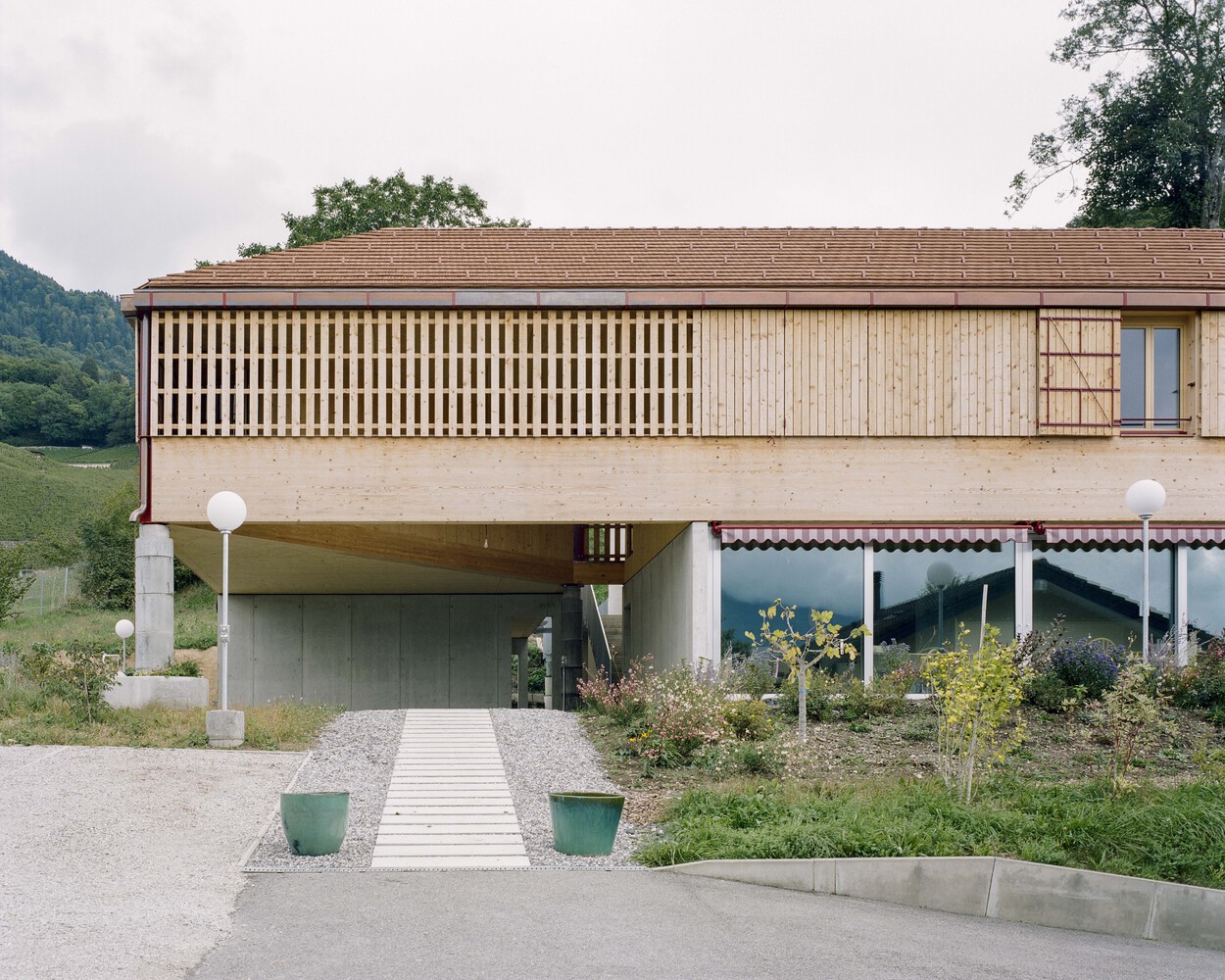
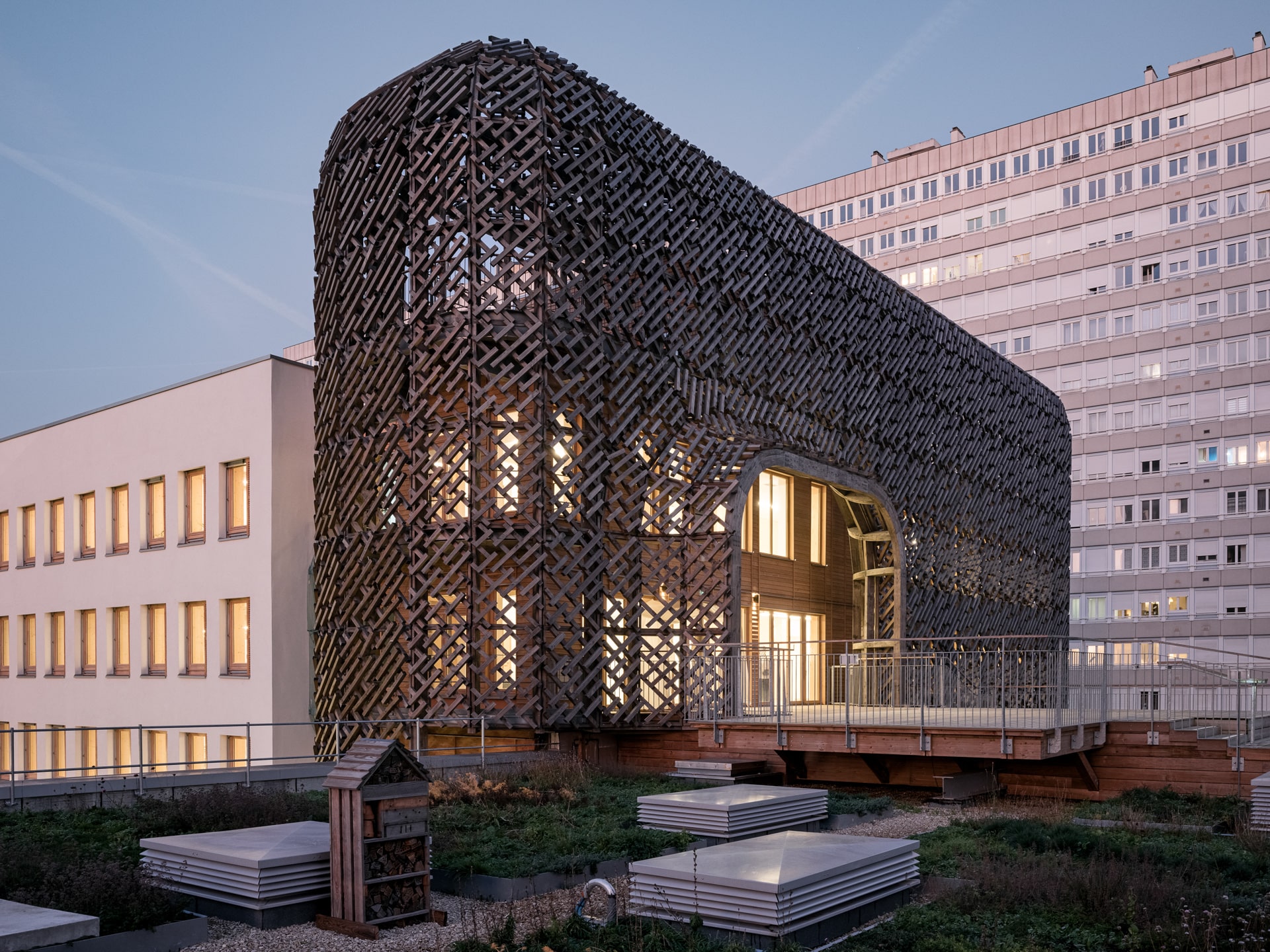
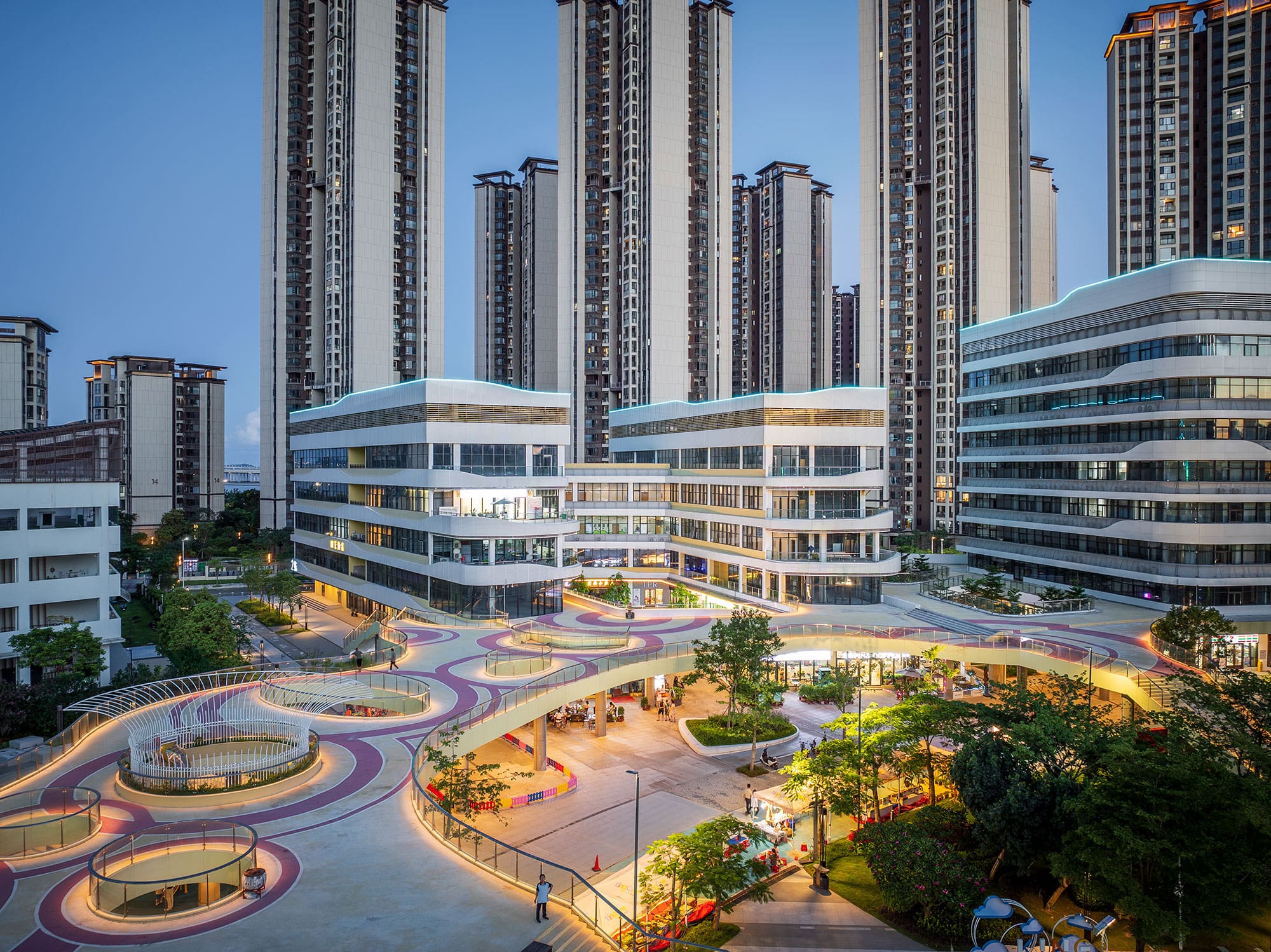
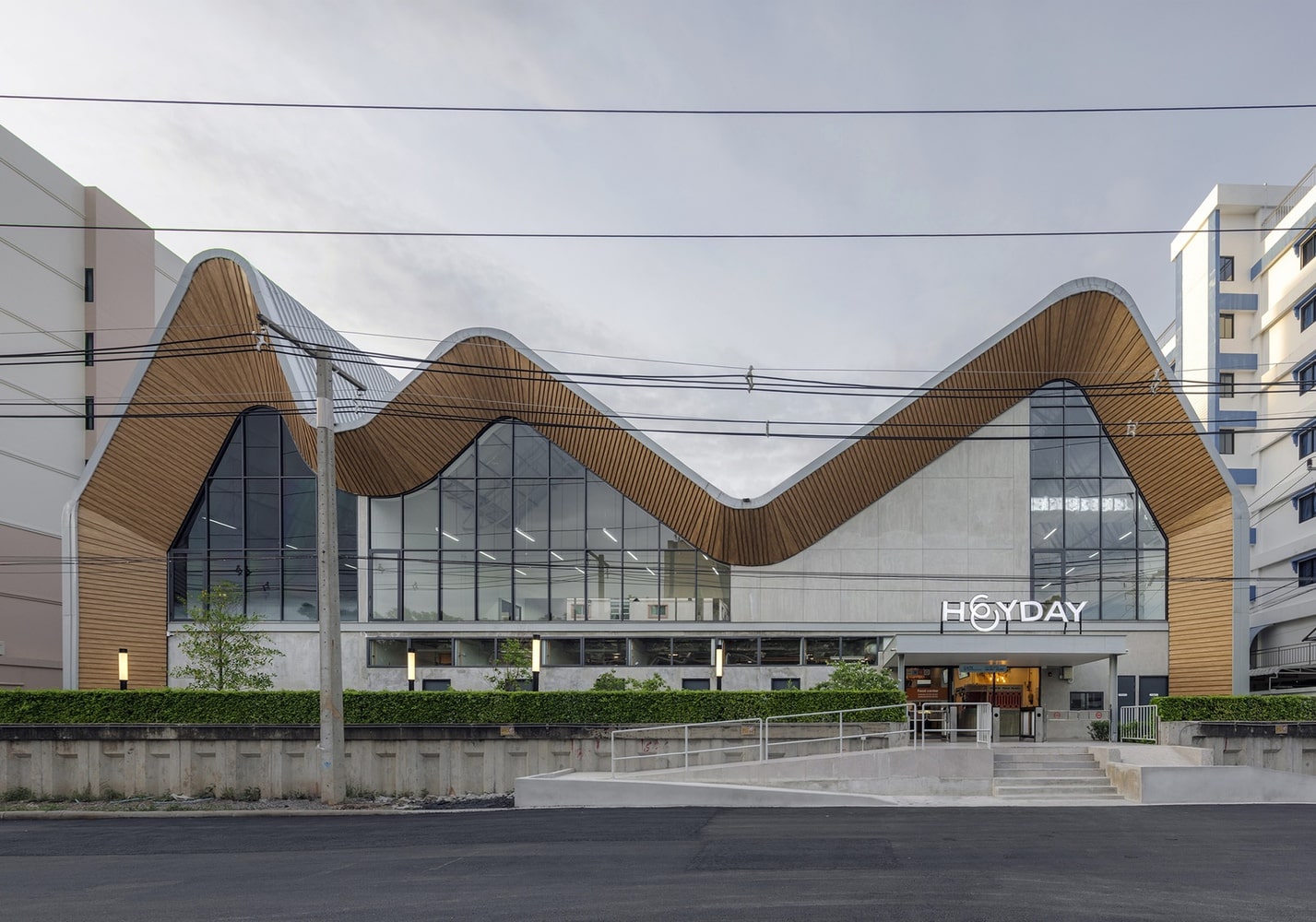
Leave a comment